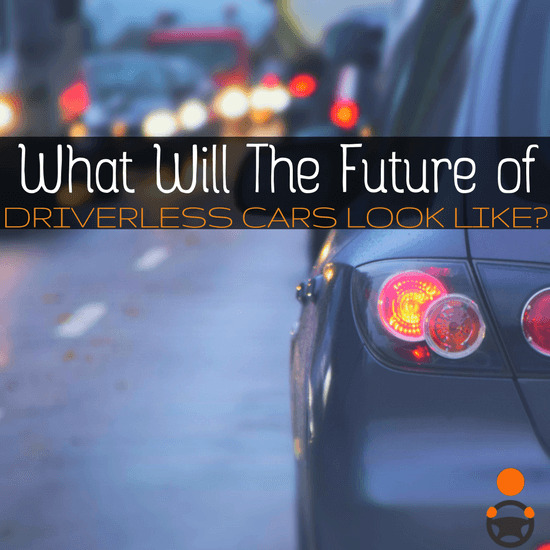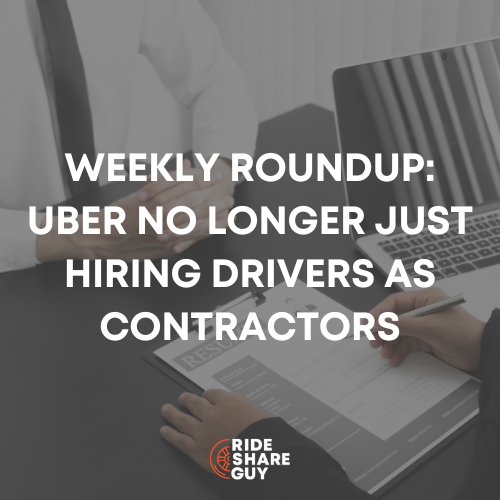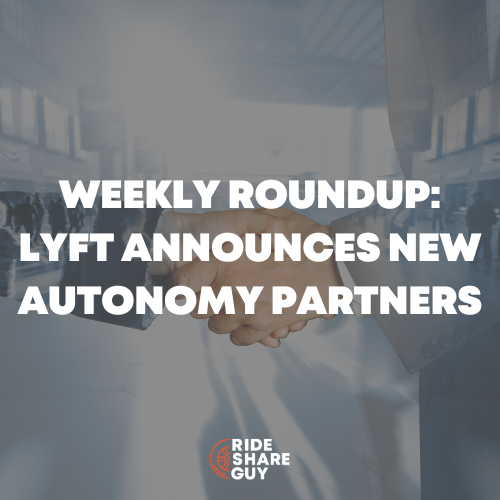It’s been a busy few weeks for Uber in the news, and this week is no different! Today, senior RSG contributor John Ince covers the tragic accident in Arizona, Uber’s overseas battles, and Travis’ new gig.

Human Driver Could Have Avoided Fatal Uber Crash, Experts Say [Bloomberg]
Sum and Substance: The pedestrian killed Sunday by a self-driving Uber Technologies Inc. SUV had crossed at least one open lane of road before being hit, according to a video of the crash that raises new questions about autonomous-vehicle technology.
Forensic crash analysts who reviewed the video said a human driver could have responded more quickly to the situation, potentially saving the life of the victim, 49-year-old Elaine Herzberg. Other experts said Uber’s self-driving sensors should have detected the pedestrian as she walked a bicycle across the open road at 10 p.m., despite the dark conditions.
Herzberg’s death is the first major test of a nascent autonomous vehicle industry that has presented the technology as safer than humans who often get distracted while driving. For human driving in the U.S., there’s roughly one death every 86 million miles, while autonomous vehicles have driven no more than 15 to 20 million miles in the country so far, according to Morgan Stanley analysts…
Smith said the video doesn’t fully explain the incident but “strongly suggests a failure by Uber’s automated driving system and a lack of due care by Uber’s driver (as well as by the victim).”
My Take: We’ve been hearing for years that it will take just one fatality to put this industry in park. That’s exactly what happened here, and Uber has done the right thing by suspending its autonomous vehicle program.
That move in and of itself suggests that we’ve definitely got a new regime at Uber with different values than the previous regime. But eventually, Uber will likely quietly resume operations – and fairly soon, I would expect.
Uber Gets Bogged Down in a Land War in Asia [Bloomberg]
Sum and Substance: … Uber is selling in some markets to Grab in exchange for a stake of up to 20 percent in its rival, according to a Bloomberg News report; Grab says it’s the region’s No. 1 ride-hailing app. …
Uber has vowed to keep fighting in India and other parts of the globe, but it’s harder to take those exhortations seriously now. If the Grab negotiations come to fruition, it will be Uber’s third large-scale retreat.
Uber also sold its operations in China to Didi Chuxing in 2016 in exchange for an ownership interest in Didi. And Uber closed up shop in Russia last year on similar terms.Uber’s decisions were wise in China and Russia. It was tough to compete in those countries, particularly given government rules that appeared to favor homegrown companies.
As with Uber’s prior retreats, quitting a costly slugfest against GrabTaxi Holdings Pte will help alleviate Uber’s whopping losses, which will be handy for Khosrowshahi’s plans for an IPO next year….
Two SoftBank-backed companies, China’s Didi and India’s Ola, have announced expansions into Brazil, Japan and Australia — all countries where Uber has also wanted to make an impact. Latin American and Australia look like healthy markets for Uber now, but will they be once the SoftBank-backed rivals compete more fiercely?
To be fair, Uber’s CEO — at least in public — has taken a pragmatic view of SoftBank’s strong feelings about where Uber should operate. “Many of our shareholders have opinions over what’s the right thing to do,” Khosrowshahi said during a Bloomberg News interview in January. “Ultimately the governance of the company is going to be at the board.”
… Regardless, SoftBank is both an important ally and troublemaker for Uber. If Uber pulls back from other parts of the world at SoftBank’s urging, it will curtail losses but limit potential future revenue that it will have to replace with electric bicycles, driverless cars or other businesses. It’s worth saying that it didn’t hurt Amazon or Facebook much to generate essentially no revenue from China. Likewise, Uber might have a great company even if it’s not a powerhouse in every big country. But a less globetrotting Uber may give investors regrets.
My Take: For those of us who grew up in the era of the Vietnam war, the analogy between Uber’s land war in Southeast Asia, and the Vietnam War are all too apparent. The Vietnam war ended up as a debacle for the United States and so far, Uber forays into the same region are eerily similar. If Uber can close this deal with Grab, and in the process grab 20 or 30% of their equity, then it will have been a good move – especially if Uber wants to achieve profitability in advance of its 2019 IPO.
Former Uber CEO Travis Kalanick announces new investment fund focused on job creation [The Verge]
Sum and Substance: The ride-hailing co-founder is shifting his focus away from Uber and toward new ideas. Former Uber CEO and co-founder Travis Kalanick today announced a new investment fund he’s calling 10100, pronounced “ten-one-hundred,” that will focus on his “passions, investments, ideas, and big bets.” The theme of the fund, he says, will be large-scale job creation with a focus on real estate, e-commerce, and innovations from countries like China and India…
Since Kalanick stepped down from Uber in July of last year, he’s remained an outsized influence in the day-to-day operations at the ride-hailing giant thanks to board seats Kalanick controlled as part of the deal he cut with the company alongside his resignation. The company, under current CEO Dara Khosrowshahi, has only continued to weather controversy after controversy related largely to the way Kalanick and his lieutenants structured and ran the company since its founding in 2009. …
… it’s unclear how long Kalanick has been planning the launch of 10100, it seems in some ways to suggest an admission on the Uber co-founder’s part that his role as a Machiavellian behind-the-scenes player at the ride-hailing company may be coming to a close. Without the voting power and board control he enjoyed in the immediate aftermath of his ouster, Kalanick can’t maintain a grip on Uber as it carries on without him, especially not as its current CEO pledges to turn the company around. …
My Take: The curtain is now rising on the next act of TK’s career. Predictably, he’s doing what most successful (?) entrepreneurs do – becoming an investor. True to form, he’s looking for big bets. Uber was a big bet and TK is a big thinker.
Here’s wishing him good luck. His mission sounds worthy. I hope he creates a lot of jobs – especially for disaffected Uber drivers.
Readers, what do you think of this week’s roundup?
-John @ RSG





